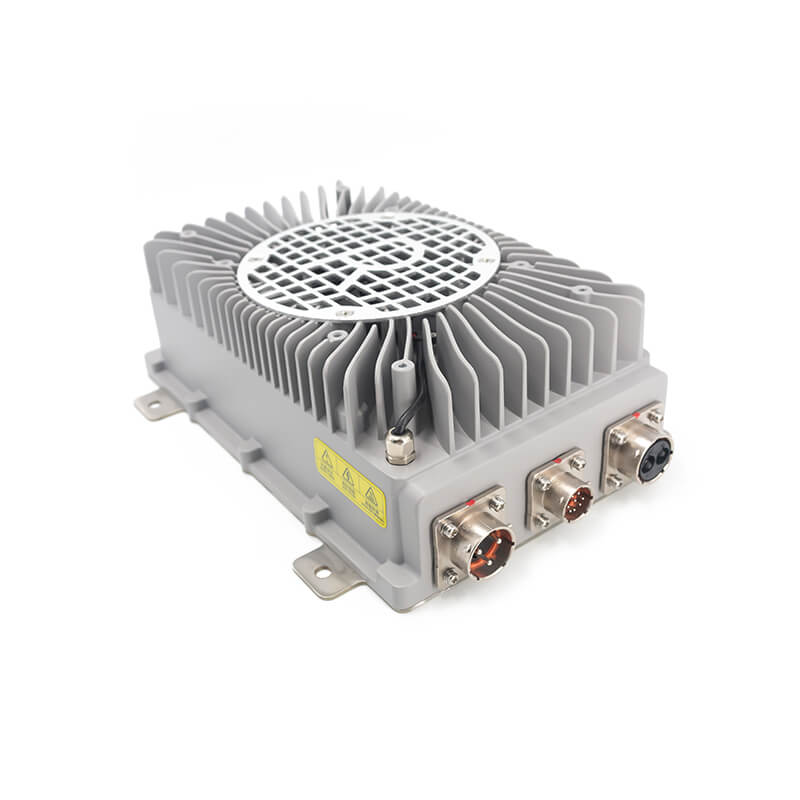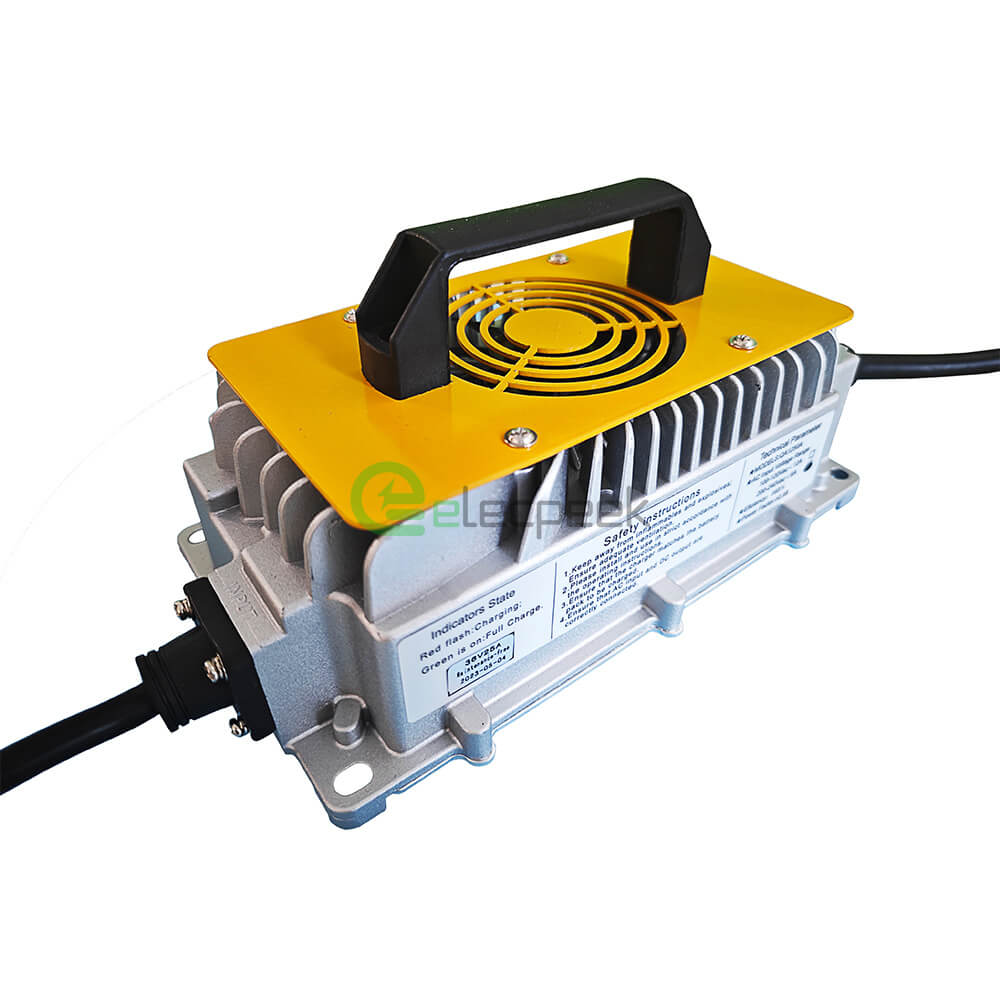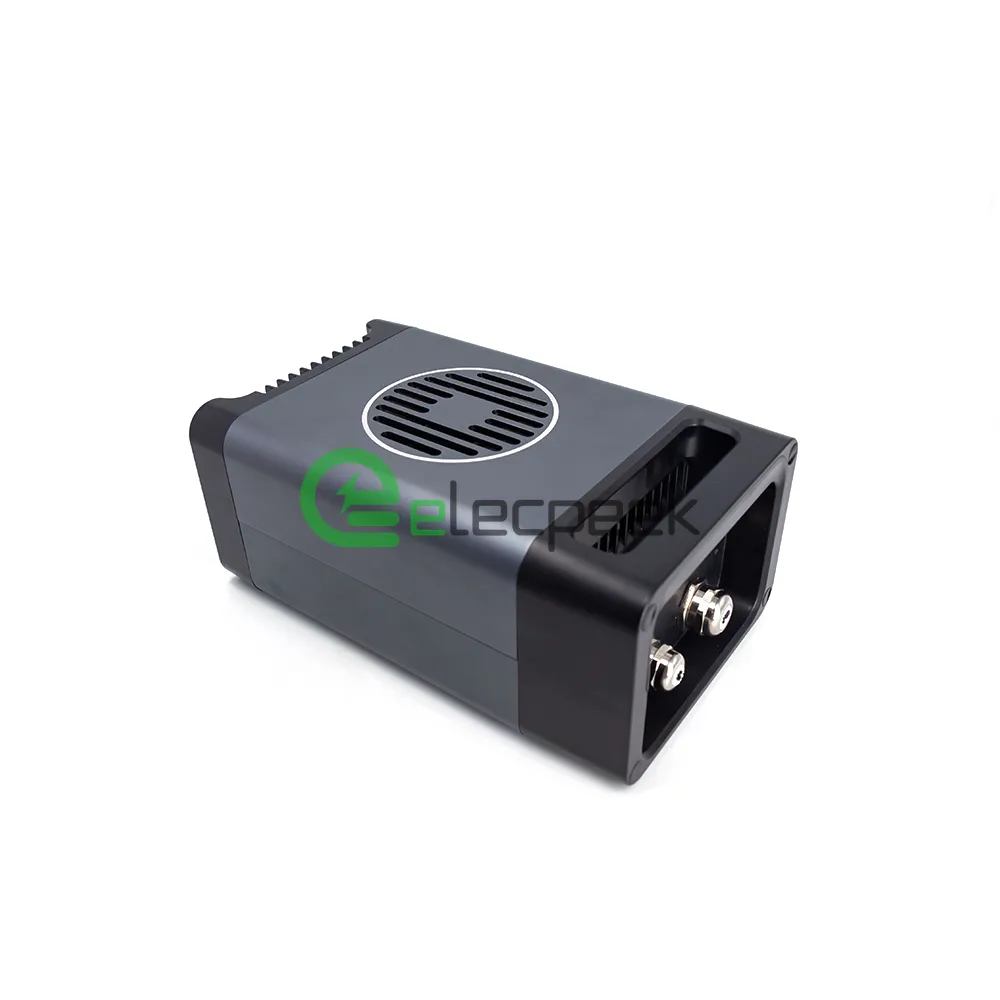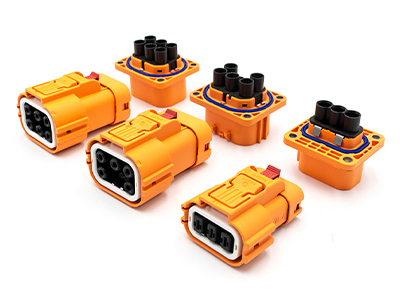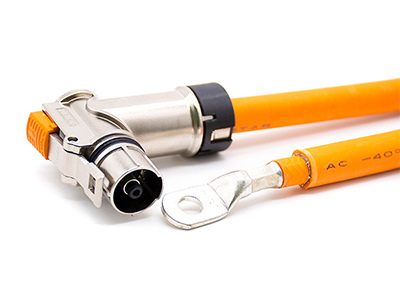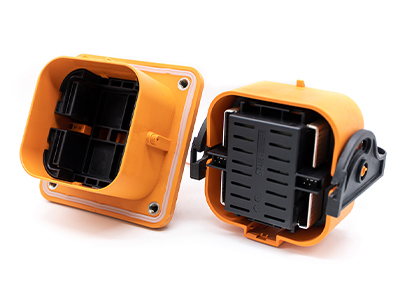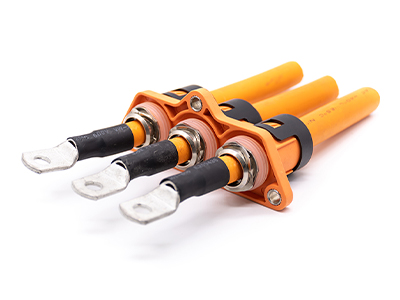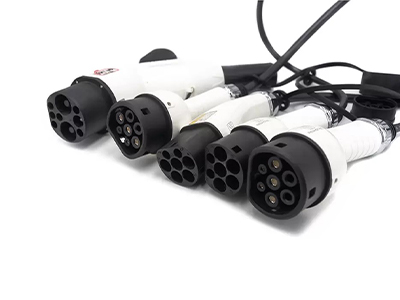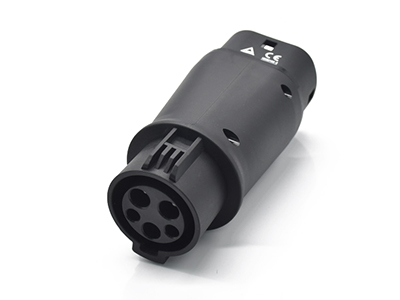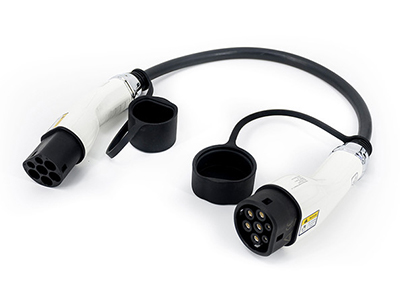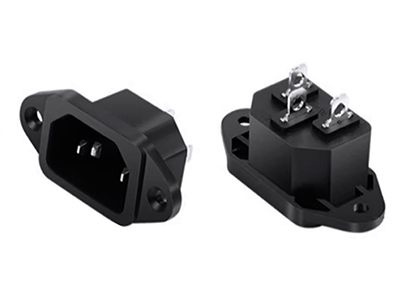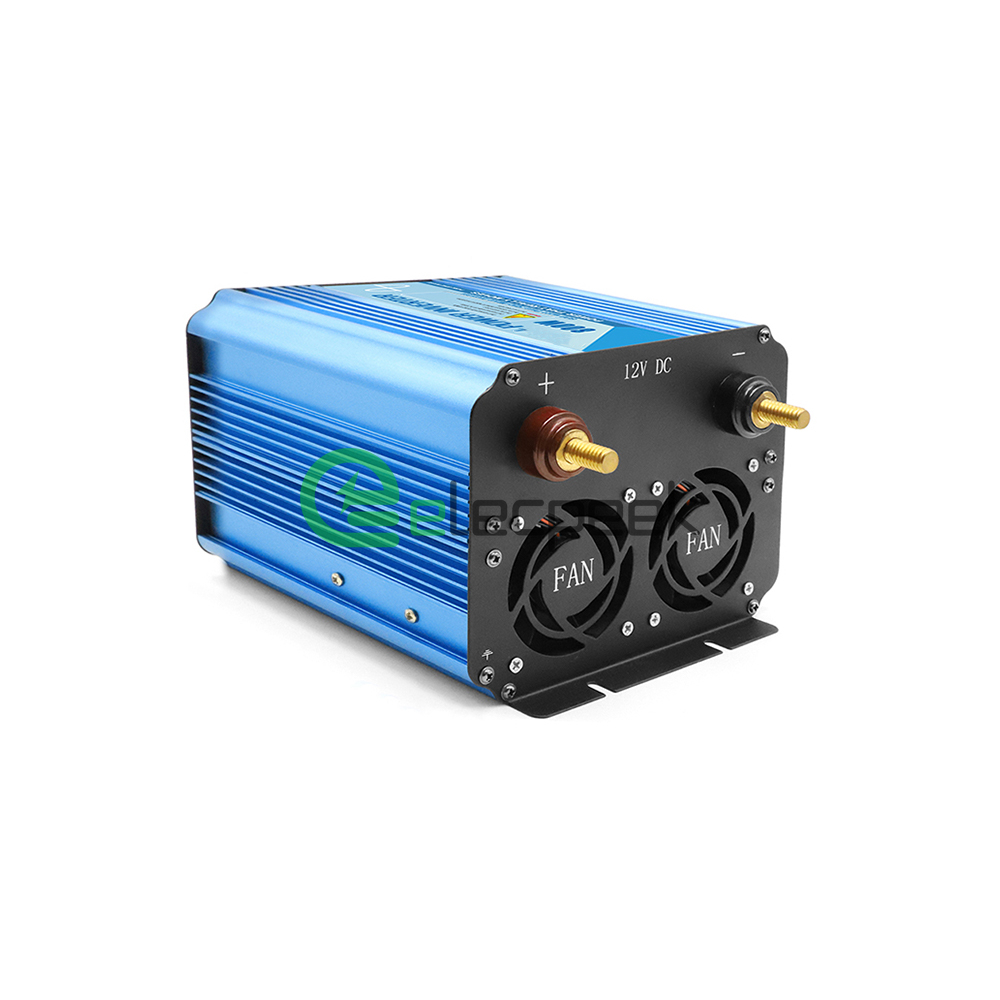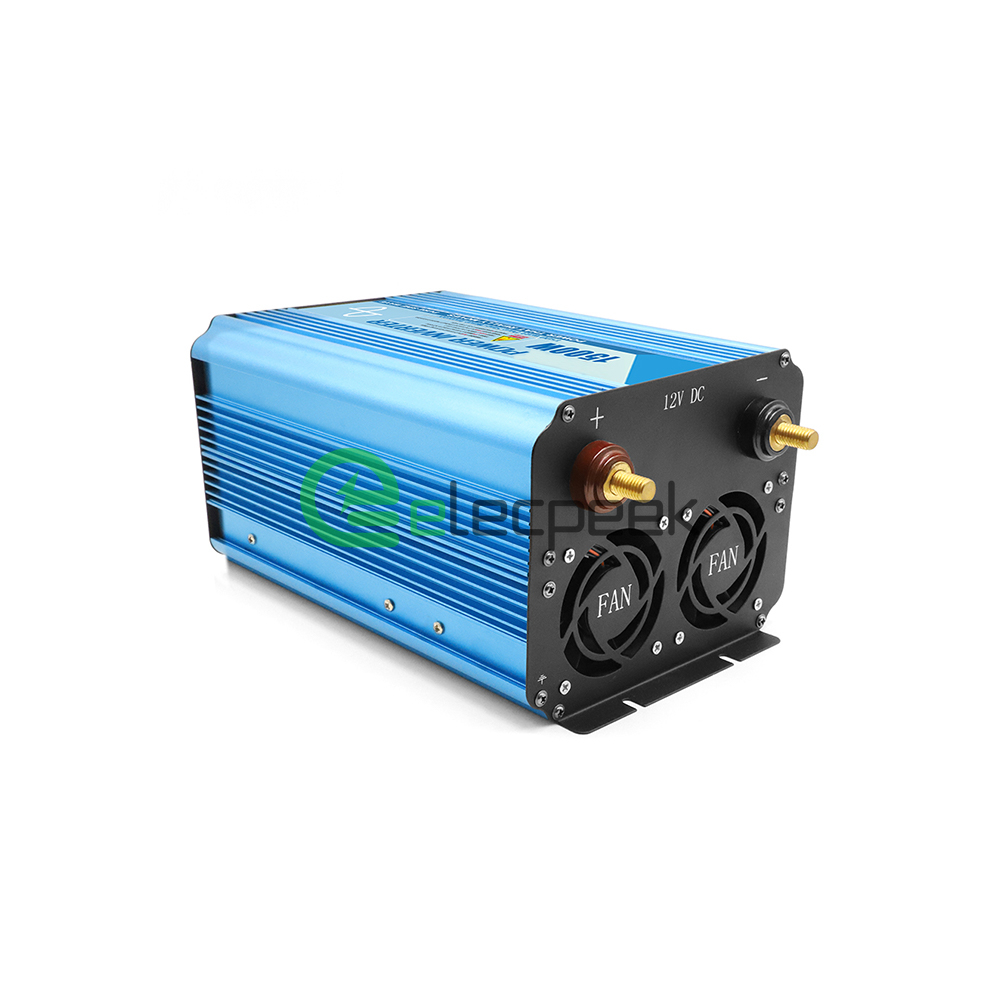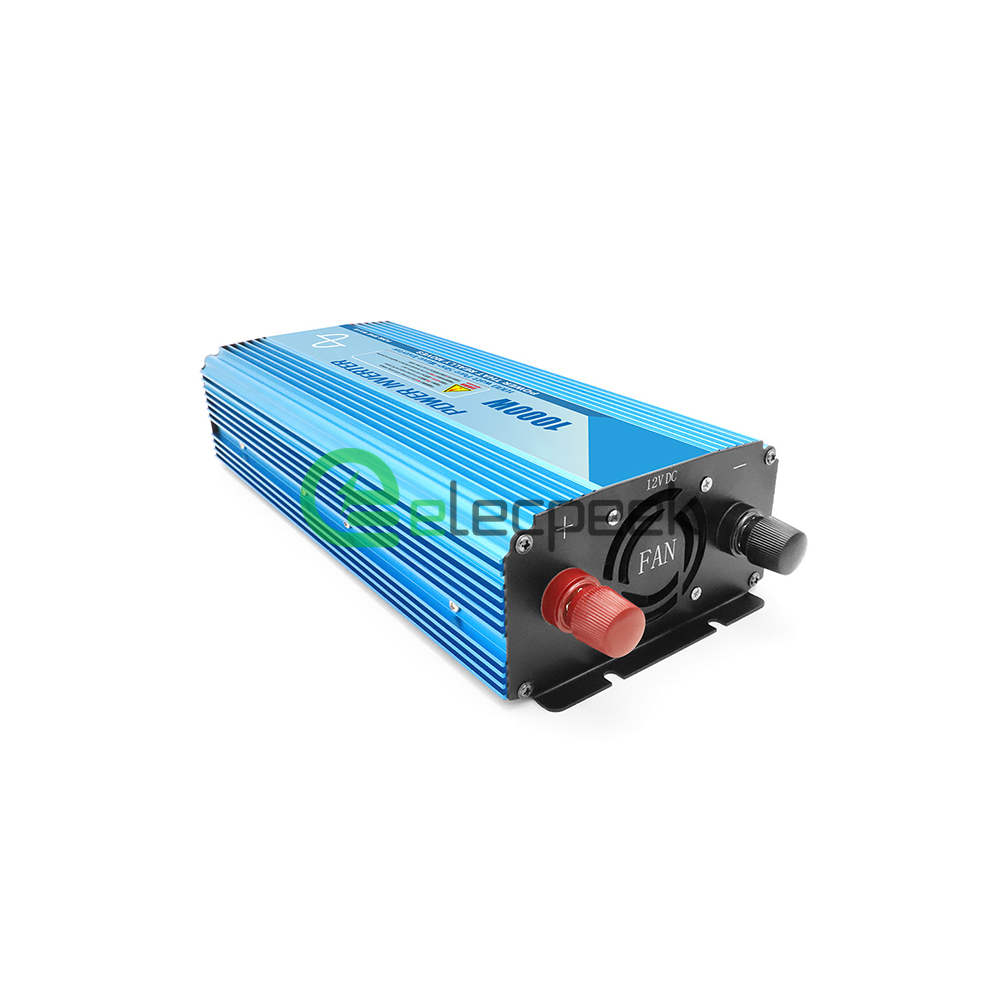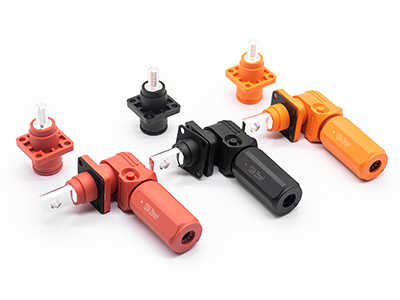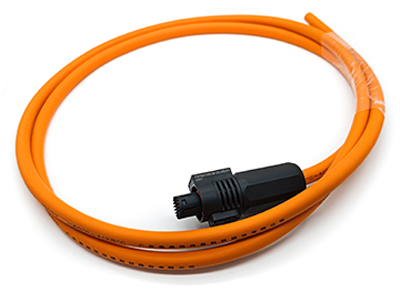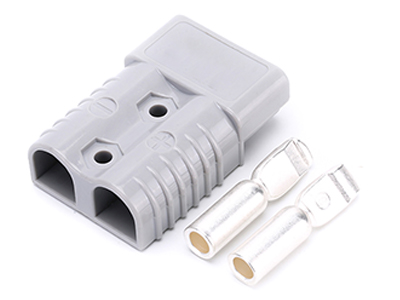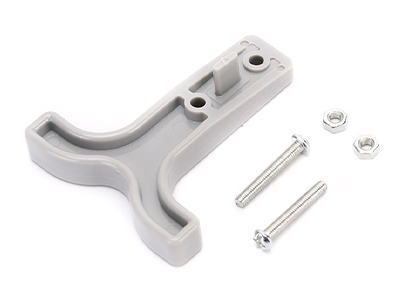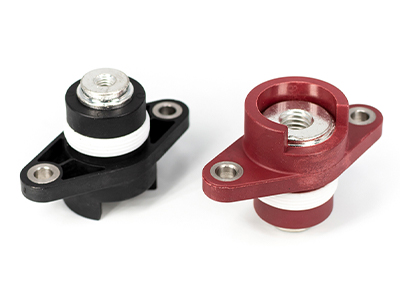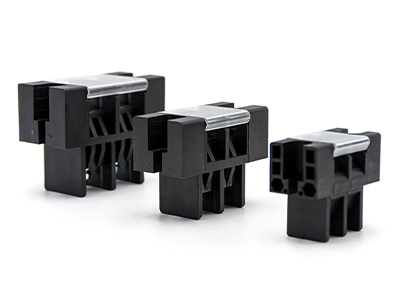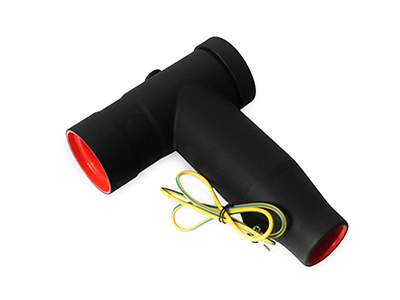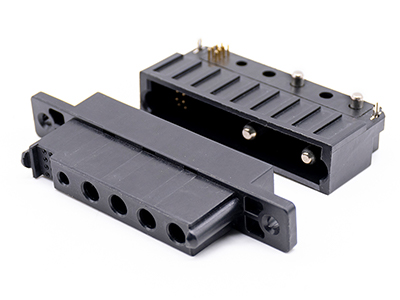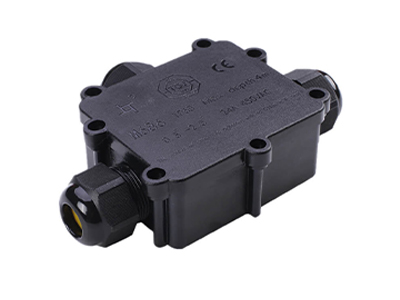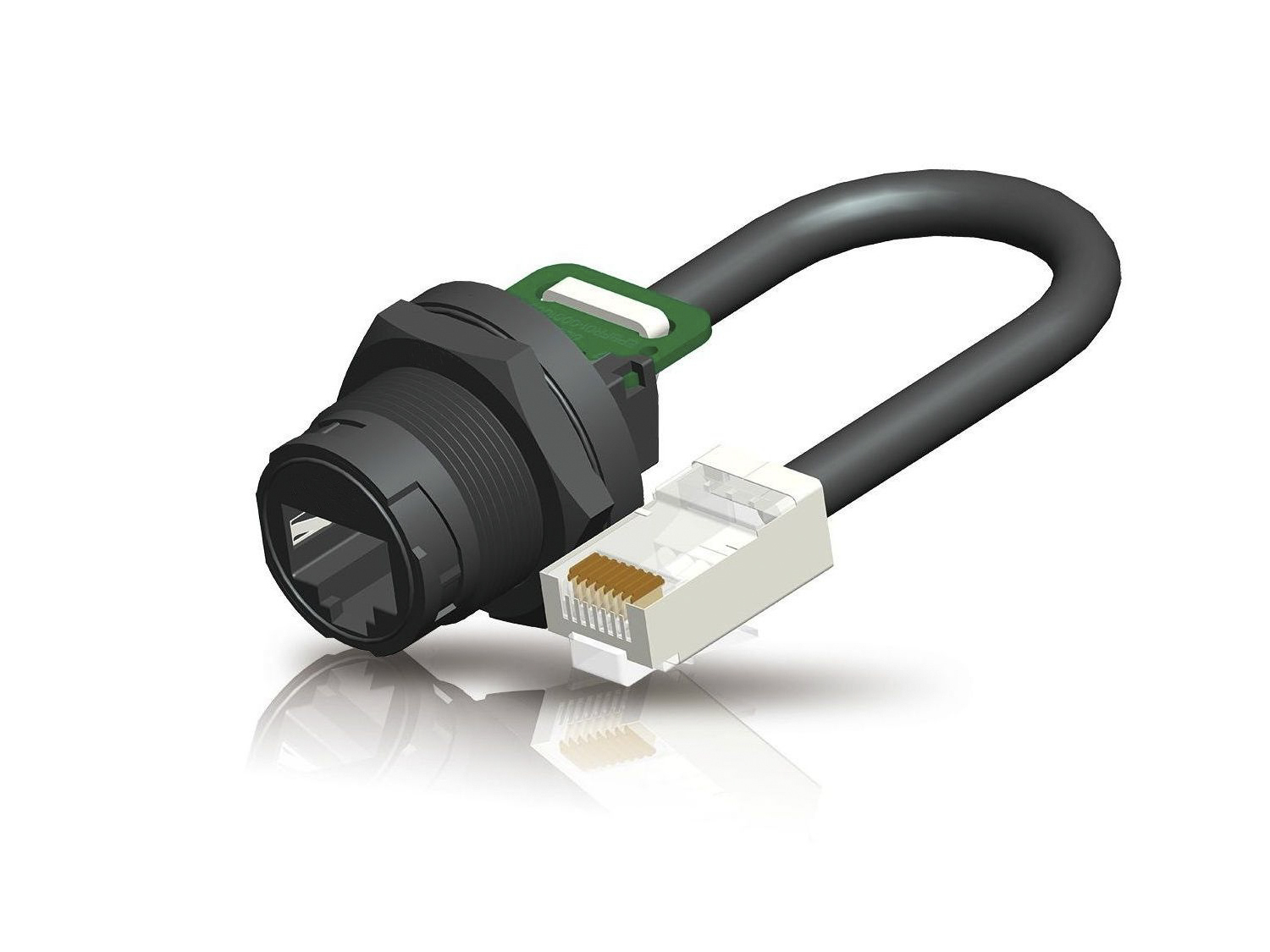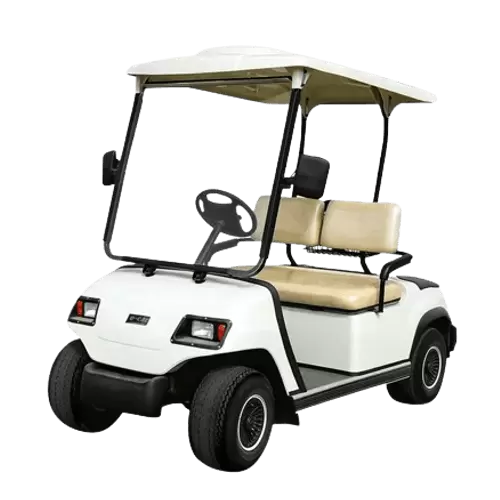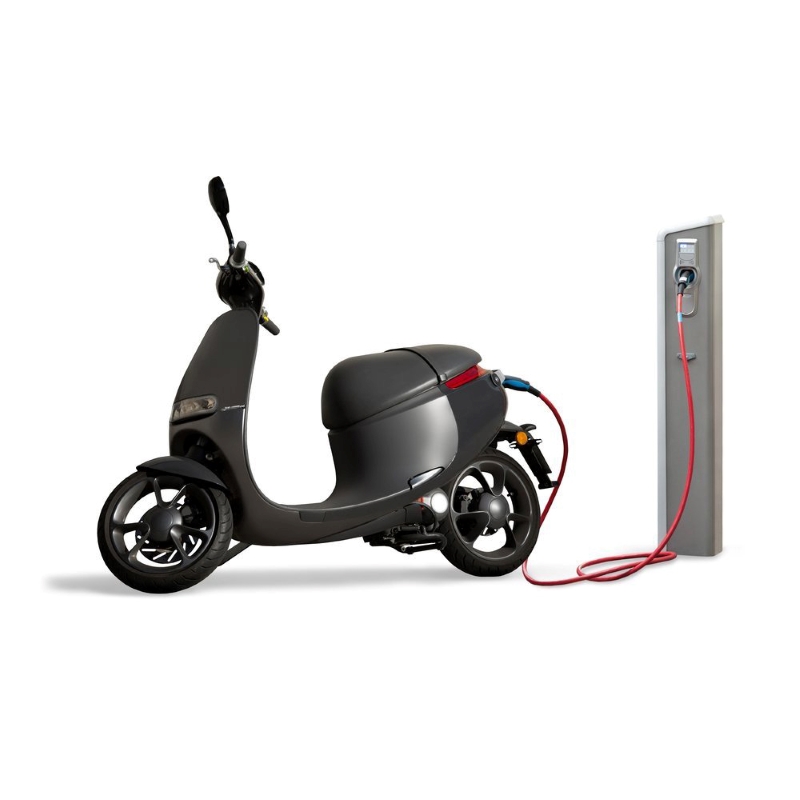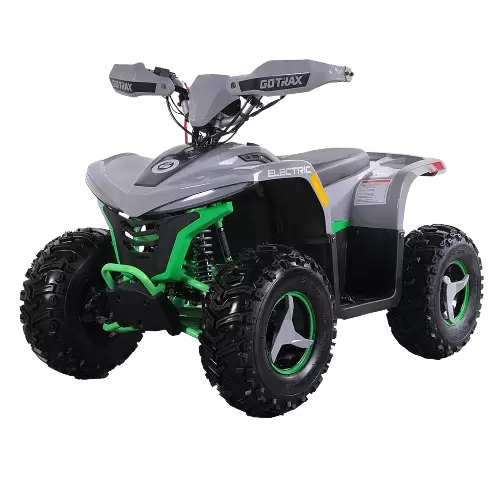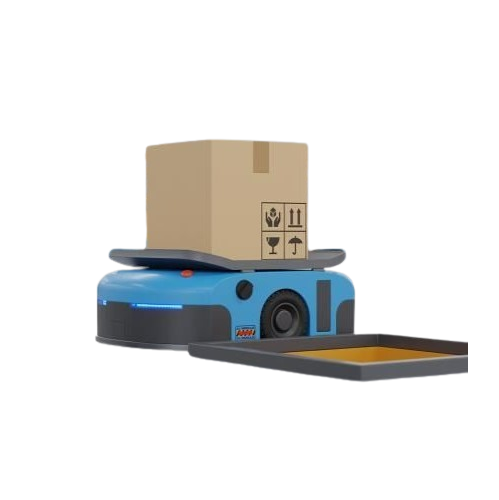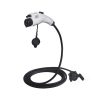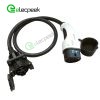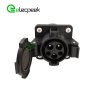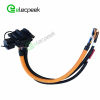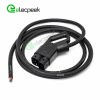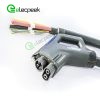News
SAE J1772 vs CCS: A Comprehensive Comparison of EV Charging Standards
In this article, we will delve into two of the most common charging standards: the SAE J1772 and the Combined Charging System (CCS). We will discuss their features, compatibility, and the future of EV charging infrastructure.
Understanding the Basics: SAE J1772 and CCS
SAE J1772: The Universal AC Charging Standard
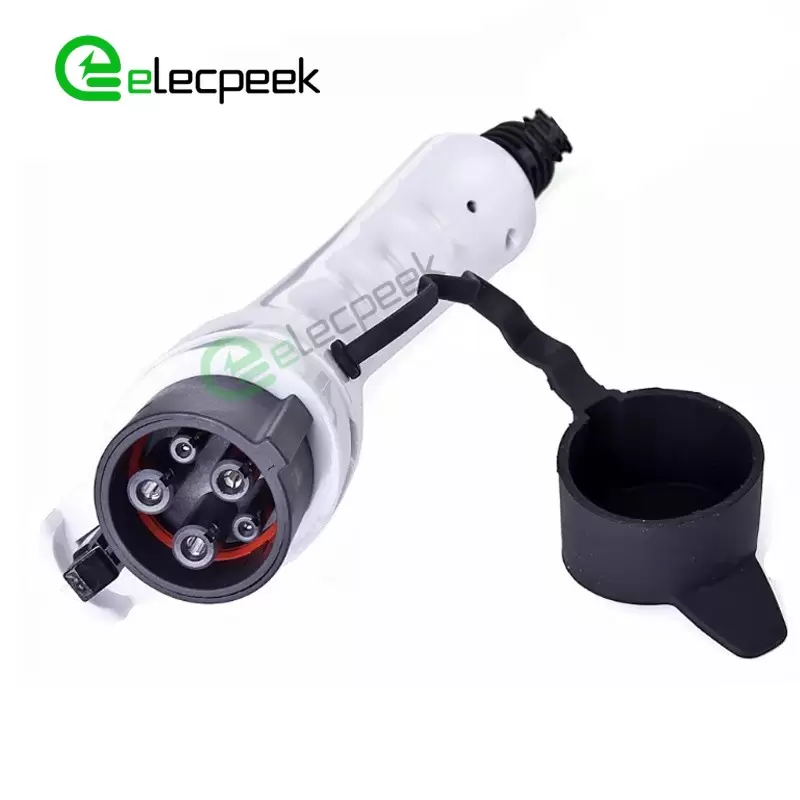
The SAE J1772 standard, also known as Type 1 in Europe or Type 1 in Japan, is an electric vehicle charging connector developed by the Society of Automotive Engineers (SAE). This standard is widely accepted as the primary charging connector for Level 1 (120V) and Level 2 (240V) AC charging in both North America and Japan. Most EVs and plug-in hybrids (PHEVs) in these regions come equipped with a J1772 charging port.
CCS: The All-in-One Charging Solution
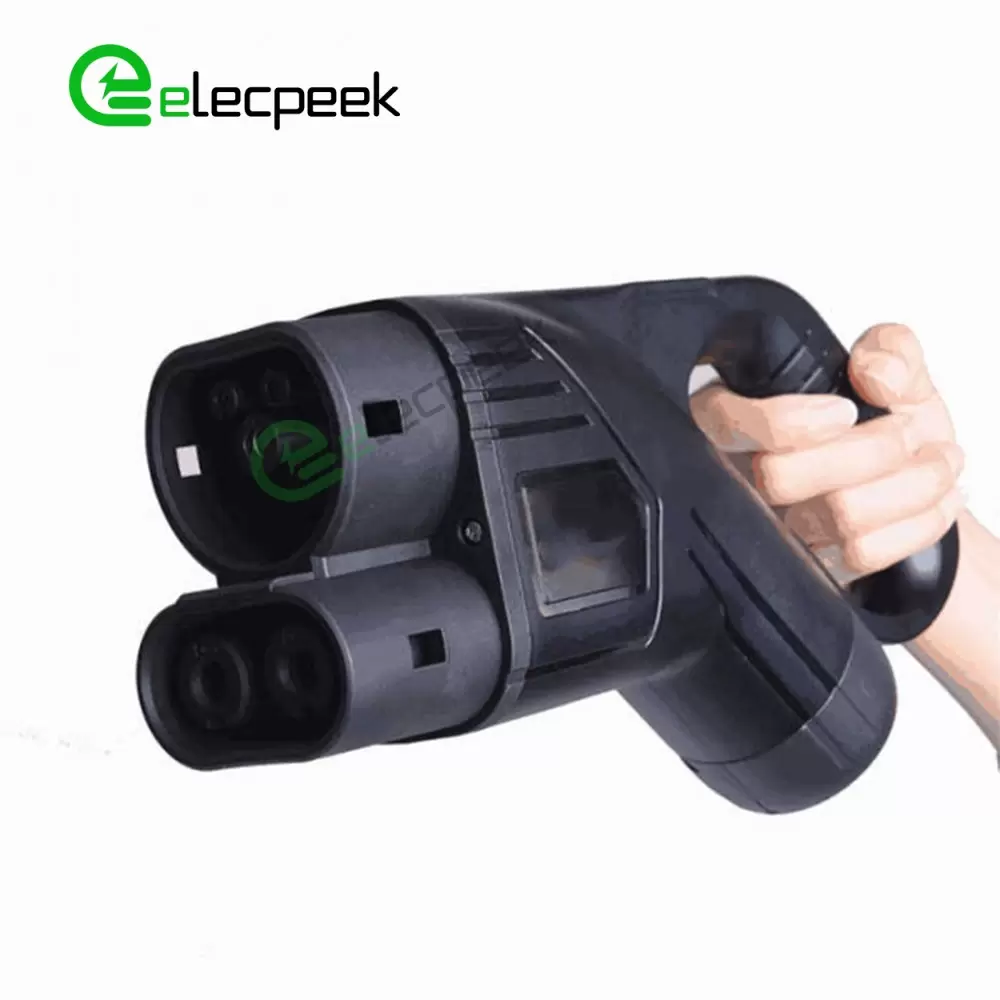
The Combined Charging System (CCS) is a global charging standard that encompasses both AC and DC fast charging. There are two main types of CCS connectors: CCS Type 1 (also known as CCS Combo 1) primarily used in North America and CCS Type 2 (or CCS Combo 2) used in Europe and other regions. The CCS standard combines the AC charging capabilities of the SAE J1772 (Type 1) or IEC 62196 Type 2 (Europe) with additional pins for high-speed DC fast charging.
Comparing Charging Speeds and Power
Level 1 and Level 2 AC Charging with SAE J1772
The SAE J1772 connector supports Level 1 and Level 2 AC charging. Level 1 charging uses a standard 120V household outlet and provides a charging rate of 2 to 5 miles of range per hour, depending on the vehicle’s onboard charger. Level 2 charging requires a 240V dedicated circuit (similar to what powers an electric dryer) and can deliver 10 to 60 miles of range per hour, depending on the vehicle and charging equipment.
DC Fast Charging with CCS
The CCS standard allows for much faster charging rates than AC charging. DC fast charging stations using the CCS connector can deliver power at 50 kW, 150 kW, or even up to 350 kW for some of the latest high-power chargers. Charging times vary based on the vehicle’s battery capacity and charging capabilities, but a typical 50 kW CCS charger can provide 80% charge in about 30 minutes for most EVs.
Compatibility and Charging Infrastructure
When it comes to compatibility, the SAE J1772 connector is virtually universal for Level 1 and Level 2 AC charging in North America and Japan. Most public charging stations and home charging equipment use the J1772 standard, making it easy for EV owners to find compatible charging locations.
The CCS charging standard is rapidly becoming the preferred choice for DC fast charging, with most new EV models adopting the CCS connector for high-speed charging. As a result, charging infrastructure providers are increasingly installing CCS-compatible charging stations, making it more accessible for EV owners.
It’s worth noting that vehicles equipped with a CCS charging port can still use J1772 charging stations for Level 1 and Level 2 charging. The CCS connector’s design incorporates the J1772 AC charging pins, ensuring compatibility with both AC and DC fast charging stations.
The Future of EV Charging: Will One Standard Prevail?
While the SAE J1772 and CCS connectors are currently the most prevalent charging standards in North America and Europe, other standards like CHAdeMO (used primarily by Nissan and Mitsubishi) and Tesla’s proprietary Supercharger network also play a significant role in the EV charging landscape.
However, the automotive industry is leaning towards adopting the CCS standard as the global charging solution. Many automakers, including Volkswagen, BMW, and General Motors, have chosen the CCS standard for their EVs. Additionally, the CHAdeMO Association announced in 2020 that it would collaborate with the China Electricity Council to develop a new universal charging standard called “ChaoJi,” which will be compatible with both CHAdeMO and CCS.
As the EV market continues to expand, it’s likely that a more unified charging infrastructure will emerge to simplify and streamline the charging experience for EV owners. For now, the SAE J1772 and CCS standards remain the most widely used connectors, providing reliable and flexible charging options for the majority of electric vehicles on the road today.

Contact us
If you have any inquiry needs, please feel free to contact us at
Mobile:(+86)18086610187
Email:[email protected]

